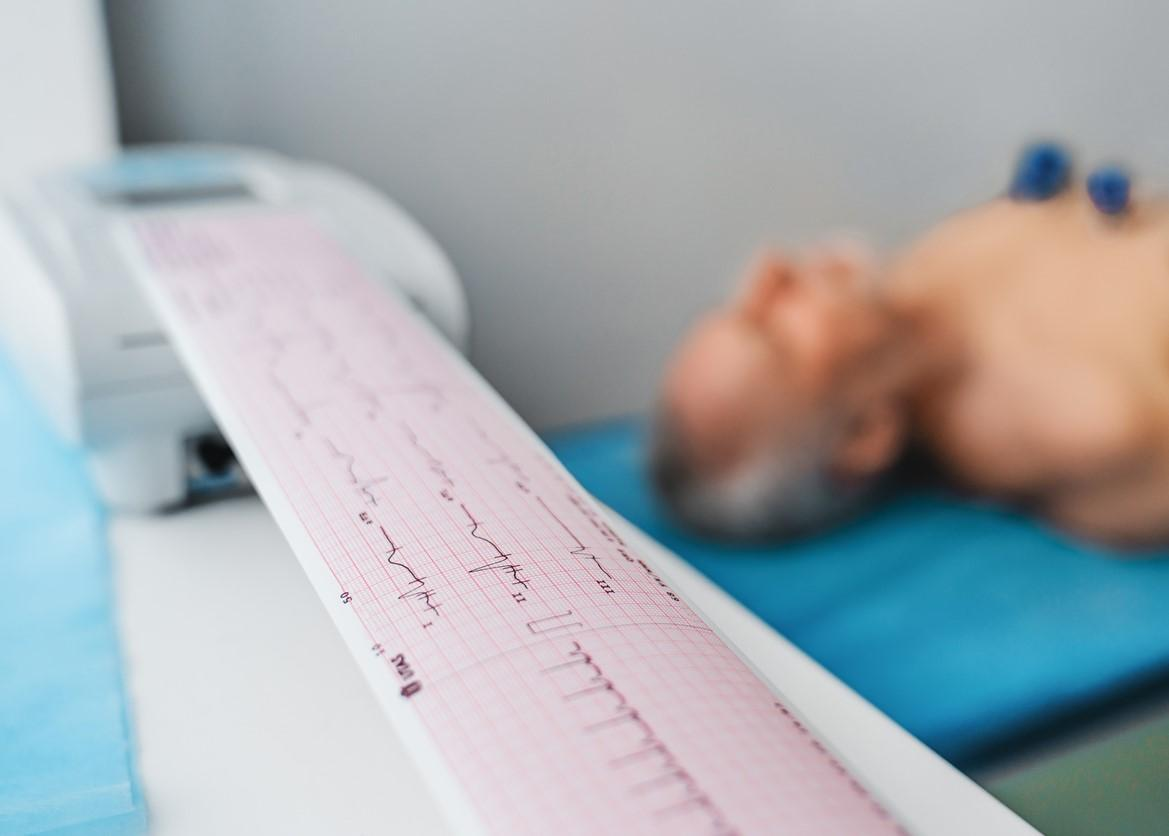
A review and meta-analysis of long-term cardiac complications of long COVID finds a high prevalence of chest pain and abnormal heart rhythms (arrythmias).
For the study, published this week in BMC Medicine, a University of Washington–led team reviewed 150 studies on 57 cardiac complications that persisted for at least 1 month after COVID-19 infection. They also conducted a meta-analysis of 137 studies on 17 complications. The studies were published from January 2020 to July 2023.
"Prior reviews synthesized findings of studies on long-term cardiac complications of COVID-19," the researchers wrote. "However, the reporting and methodological quality of these studies has not been systematically evaluated."
Chest pain in 10%, arrhythmias in 8%
Slightly over one quarter (25.3%) of studies were high-quality, according to a customized Newcastle-Ottawa scale. The most widely examined cardiac complications were chest pain and arrhythmias. When study quality and characteristics were disregarded, the estimated prevalence of chest pain and arrhythmias were 9.8% and 8.2%, respectively.
Less-examined complications were stroke (0.5%), heart abnormalities (10.5%), thromboembolism (1.4%), high blood pressure (4.9%), heart failure (1.2%), myocardial injury (1.3%), myocarditis (0.6%), abnormal ventricular function (6.7%), edema (2.1%), coronary disease (0.4%), ischemic heart disease (1.4%), valve abnormalities (2.9%), pericardial effusion (0.8%), atrial fibrillation (2.6%), and impaired diastolic function (4.9%).
We found there were diverse manifestations of cardiac complications, and many can last for months and even years.
But stratified analyses found that low-quality studies with small sample sizes, unsystematic sampling methods, and cross-sectional designs were more likely to report higher complication rates. For instance, rates of chest pain were 22.2%, 11.1%, and 3.9% in low-, medium-, and high-quality studies. Similar trends were seen for arrhythmias and other less-examined cardiac complications.
"We found there were diverse manifestations of cardiac complications, and many can last for months and even years," the study authors wrote. "Reported findings from previous studies are strongly related to study quality, sample sizes, sampling methods, and designs, underscoring the need for high-quality epidemiologic studies to characterize these complications and understand their etiology."














